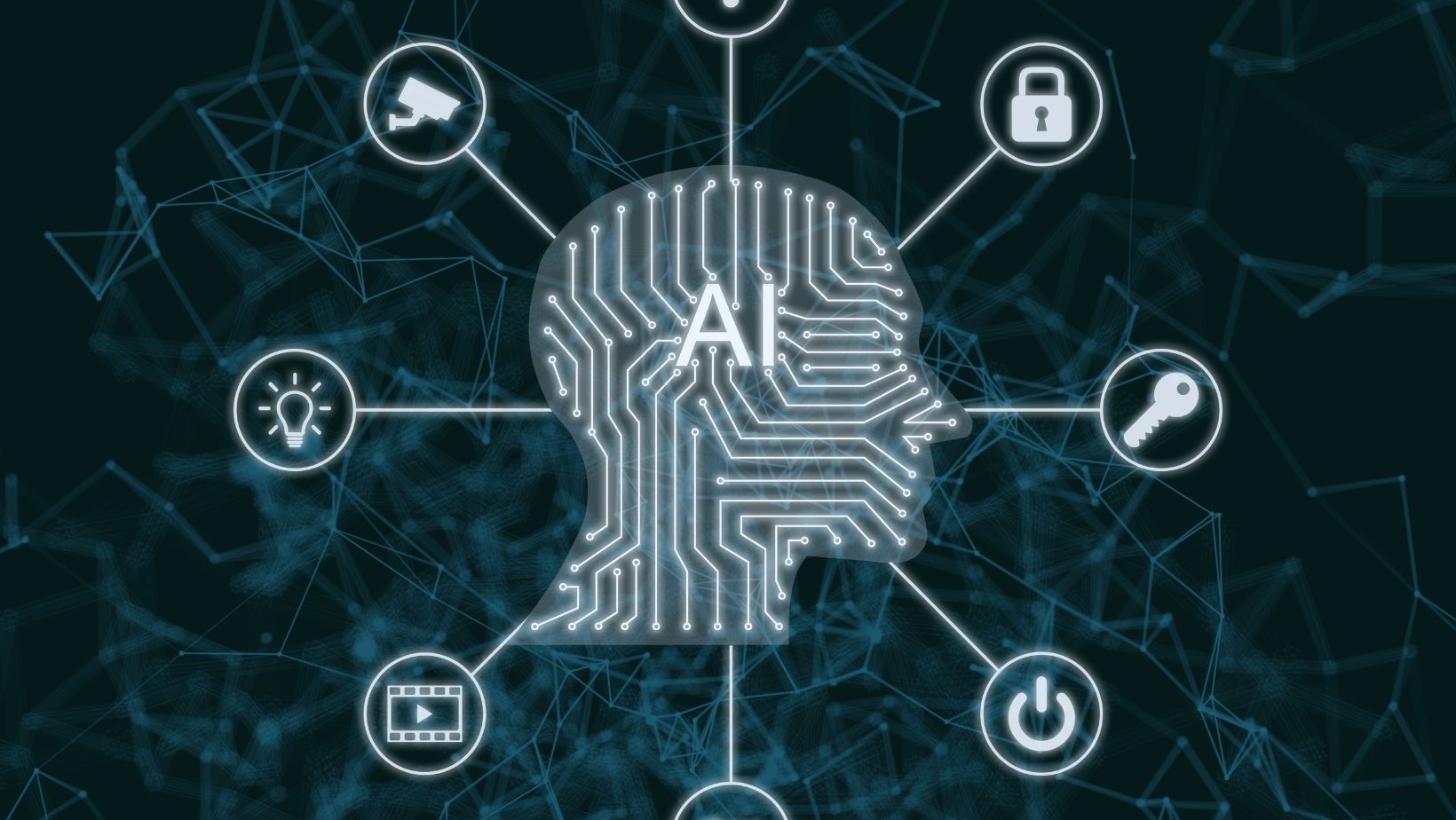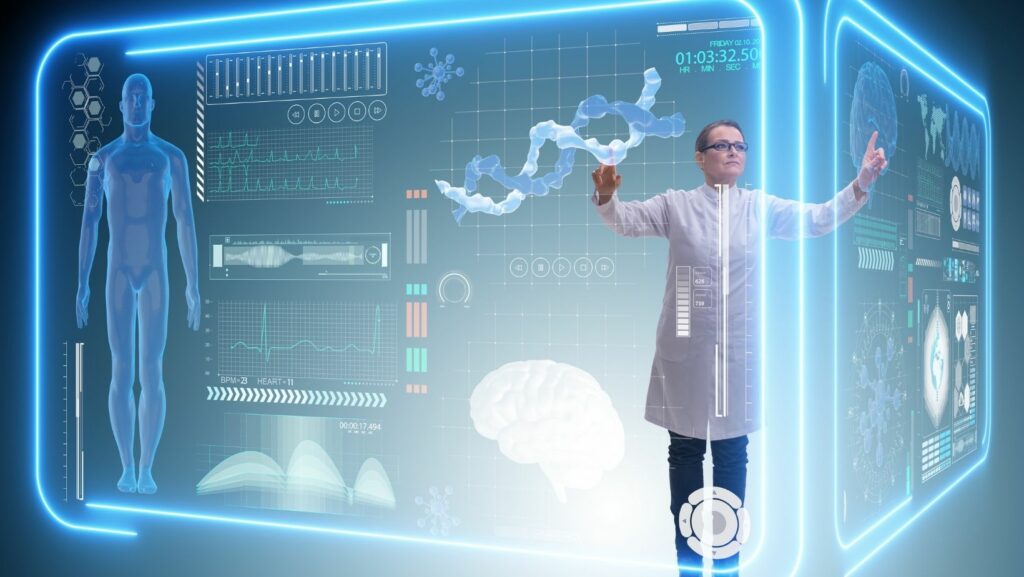
In the dynamic landscape of healthcare and biomedical research, the integration of artificial intelligence and advanced data science is revolutionizing how we approach patient care and scientific discovery. Smart health technologies are leveraging AI algorithms and big data analytics to enhance diagnostics, treatment strategies, and personalized medicine. This synergy between cutting-edge technology and traditional healthcare practices is reshaping the industry’s future. In this era of rapid technological advancements, the intersection of AI and data science is unlocking new possibilities for disease prevention, early detection, and precision medicine.
Smart Health And Biomedical Research In The Era Of Artificial Intelligence And Advanced Data Science
In the era of artificial intelligence (AI) and advanced data science, the landscape of healthcare and biomedical research is undergoing a significant transformation. With the integration of AI algorithms and big data analytics, the industry is experiencing a paradigm shift in diagnostics, treatment strategies, and personalized medicine. This synergy between cutting-edge technology and traditional healthcare practices is paving the way for revolutionary advancements in disease prevention, early detection, and precision medicine. Healthcare professionals and researchers are leveraging innovative tools to enhance decision-making processes, ultimately leading to improved patient outcomes and groundbreaking discoveries in the realm of smart health.
The Impact of Big Data on Medical Research

One of the key drivers of progress in smart health and biomedical research is the utilization of big data. By harnessing vast amounts of health-related data from diverse sources, researchers can gain valuable insights into disease trends, treatment effectiveness, and patient outcomes. Big data analytics play a crucial role in identifying patterns, correlations, and predictive models that can significantly impact medical research. Through the analysis of extensive datasets, healthcare providers can tailor treatments to individual patients’ needs, optimize healthcare delivery, and advance medical knowledge.
Progress Through Artificial Intelligence Applications
Artificial intelligence applications are revolutionizing the healthcare industry by streamlining processes, enhancing decision-making, and improving patient care. AI algorithms enable healthcare professionals to sift through massive datasets quickly, identify trends, and make accurate predictions for better diagnosis and treatment planning. From automated image analysis in radiology to predicting patient outcomes based on historical data, AI is driving innovation across various medical specialties.
Key Technologies Driving Innovation
Machine Learning Models in Diagnosis and Treatment

Machine learning models play a pivotal role in revolutionizing healthcare by enhancing diagnostic accuracy and treatment efficacy. These sophisticated algorithms analyze vast amounts of medical data to identify patterns and trends that may not be apparent to healthcare professionals. By integrating machine learning into diagnostic processes, healthcare providers can improve the speed and accuracy of disease identification, leading to more timely interventions and better patient outcomes.
Integration of AI With Genomic Data
The integration of artificial intelligence with genomic data is transforming the field of personalized medicine. AI algorithms can analyze an individual’s genetic makeup to predict disease risk, tailor treatment plans, and optimize drug therapies. By leveraging AI technologies in genomics, healthcare professionals can deliver precision medicine that is tailored to each patient’s unique genetic profile, increasing treatment effectiveness and reducing adverse reactions.
Ethical Considerations in AI-Driven Healthcare
In the realm of AI-driven healthcare, ethical considerations play a pivotal role in ensuring patient trust and data integrity.
Privacy Concerns in Data Handling
Data handling in AI-driven healthcare raises significant privacy concerns. With vast amounts of sensitive patient data being utilized for AI algorithms and machine learning models, safeguarding privacy is paramount. Transparent policies and robust security measures must be implemented to protect patient confidentiality and prevent unauthorized access to personal health information.
Ethical AI Deployment in Clinical Settings
Ethical deployment of AI in clinical settings necessitates adherence to guidelines that prioritize patient well-being and safety. Healthcare institutions must ensure that AI algorithms are used ethically, respecting patient autonomy and avoiding bias in decision-making processes. Regular monitoring and evaluation of AI systems are crucial to maintain ethical standards in healthcare delivery, promoting trust between patients, healthcare providers, and technology stakeholders.



